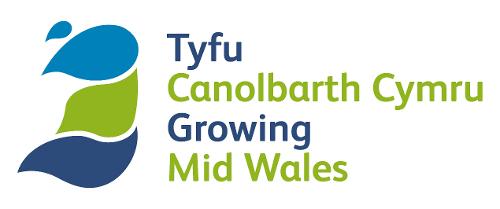How can innovation be used to manage demands on rural energy grids, using the interaction between the agriculture sector and rural communities, providing solutions to accelerate decarbonisation?
The Local Area Energy Plans (LAEPs) for Powys and Ceredigion highlight the need for £559 million investment in grid infrastructure across the region, to facilitate the energy transition to net zero. Managing the demand on rural grids in more innovative ways could help to reduce this cost, whilst also having the potential for wider benefits. Agricultural machinery and emissions from land use, which both make up a significant portion of the region's emissions, were not part of the scope of the LAEPS. If agricultural machinery is simply electrified, it will add additional demand on an already constrained electricity grid.
Ceredigion and Powys require substation capacity increase across all zones (51 MW in Powys and 31 MW in Ceredigion), which is likely to take time. Smart Local Energy Systems (SLES) have the potential to provide a more cost-effective and sustainable solution to this problem. In addition, reducing and optimising the demand on rural grid infrastructure may increase the speed at which new renewable energy generation projects can be developed and improve how they are perceived by the local community.
Rural Mid Wales has a strong agricultural community and is an important economic sector with a large number of employees across the region. This challenge provides an opportunity for suppliers to identify innovative and smart solutions that help to decarbonise the agricultural industry as well as the wider region. The wider rural economy may also play a part in the project, for instance decarbonisation of local supply chains; delivering greater benefit to the area.
Growing Mid Wales have been successful in applying to Welsh Government's Whole Systems Research and Innovation in Decarbonisation (WSRID) challenge fund.
New clean energy project explores green hydrogen for sustainable forestry in Mid Wales
18.02.26 A new clean energy project in Devils Bridge, Ceredigion, has joined a growing portfolio of innovation activity supported through Growing Mid Wales, exploring how locally produced green hydrogen could help cut emissions in the forestry sector.

Mid Wales projects move into prototype stage to deliver real-world clean energy solutions
13.11.25 Growing Mid Wales is delighted to confirm that the Whole System Research for Innovation and Decarbonisation (WSRID) programme will continue, supported by Welsh Government funding.


Smart Solutions for Sustainable Farming: Decarbonising Agriculture in Mid Wales
26.06.25 Phase 1 of the Whole System Research and Innovation for Decarbonisation (WSRID) programme—delivered by Growing Mid Wales and funded by the Welsh Government—has brought valuable insights into how Smart Local Energy Systems (SLES) can support decarbonisation across the rural economy.




